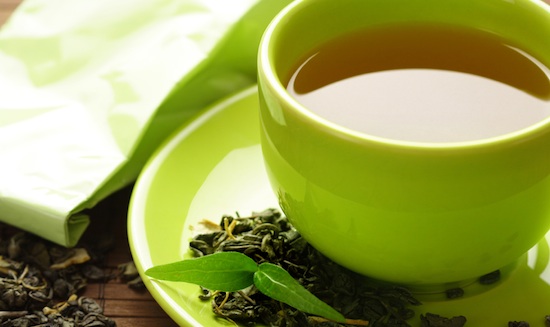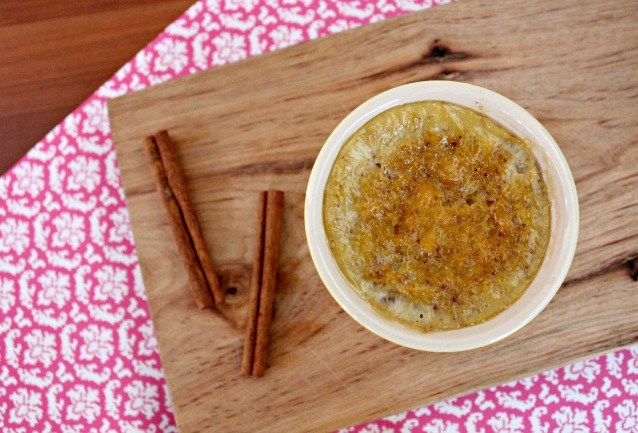Dangerous Levels of Pesticides Found in Popular Tea Brands
June 19, 2013
I am an avid tea drinker, so imagine my shock and surprise when I read recent studies that uncovered that Celestial Seasonings and Teavana tea brands had tested positive for levels of pesticides that exceeded US food and safety limits. Celestial Seasonings is a brand of tea that is moderately priced and easily accessible. It can be found in most grocery stores and large chains. Teavana is a slightly higher-end brand, but is still sold across the US and is the tea brand that Starbucks carries. So how likely is it that the tea you are drinking contains pesticide levels that exceed US guidelines? If you are drinking either of these brands, chances are seemingly high.
Celestial Seasonings suffers poor quality control and failed tests.
In a study performed by Glaucus Research and Eurofins, Celestial Seasonings had 10 out of 11 varieties of their tea test positive for dangerously high levels of pesticides. Not only were the levels exceeding that of US guidelines, there were known carcinogens that have no known safe consumption level present. Celestial Seasonings Sleepytime Kids Goodnight Grape Herbal, contained 0.26 ppm of propachlor, which has no safe harbor limit under California’s Proposition 65. This is the tea that you would be giving to your child before bed. Some of the other teas sampled also had traces of propargite. This is another pesticide that has no known safe harbor limit under Proposition 65, as it is also a known carcinogen.
The results of the testing were startling, but not surprising considering the history of Celestial Seasonings with the FDA. The FDA has issued two prior Warning Letters to Celestial Seasonings for quality control issues.
The full report on the Celestial Seasonings findings can be viewed here.
Teavana has 100% of their samples test positive for dangerous levels of pesticides.
When the Glaucus Research and Eurofins study was complete, 100% of the tea samples had tested positive for dangerous levels of pesticides that were over the US limits. Surprisingly, one of Teavana’s most popular and expensive teas, Monkey Picked Oolong, was the most contaminated with 23 pesticides. Additionally, 77% of the tea samples failed the European Union pesticide import standards and 62% had traces of Endosulfan present which has been ban in the US, EU, China, and 144 other countries because it may impair fertility and harm unborn babies.
The full report on Teavana can be found here.
Tea is one of the last places I would expect to find such high levels of pesticides. Do these findings surprise you at all?





